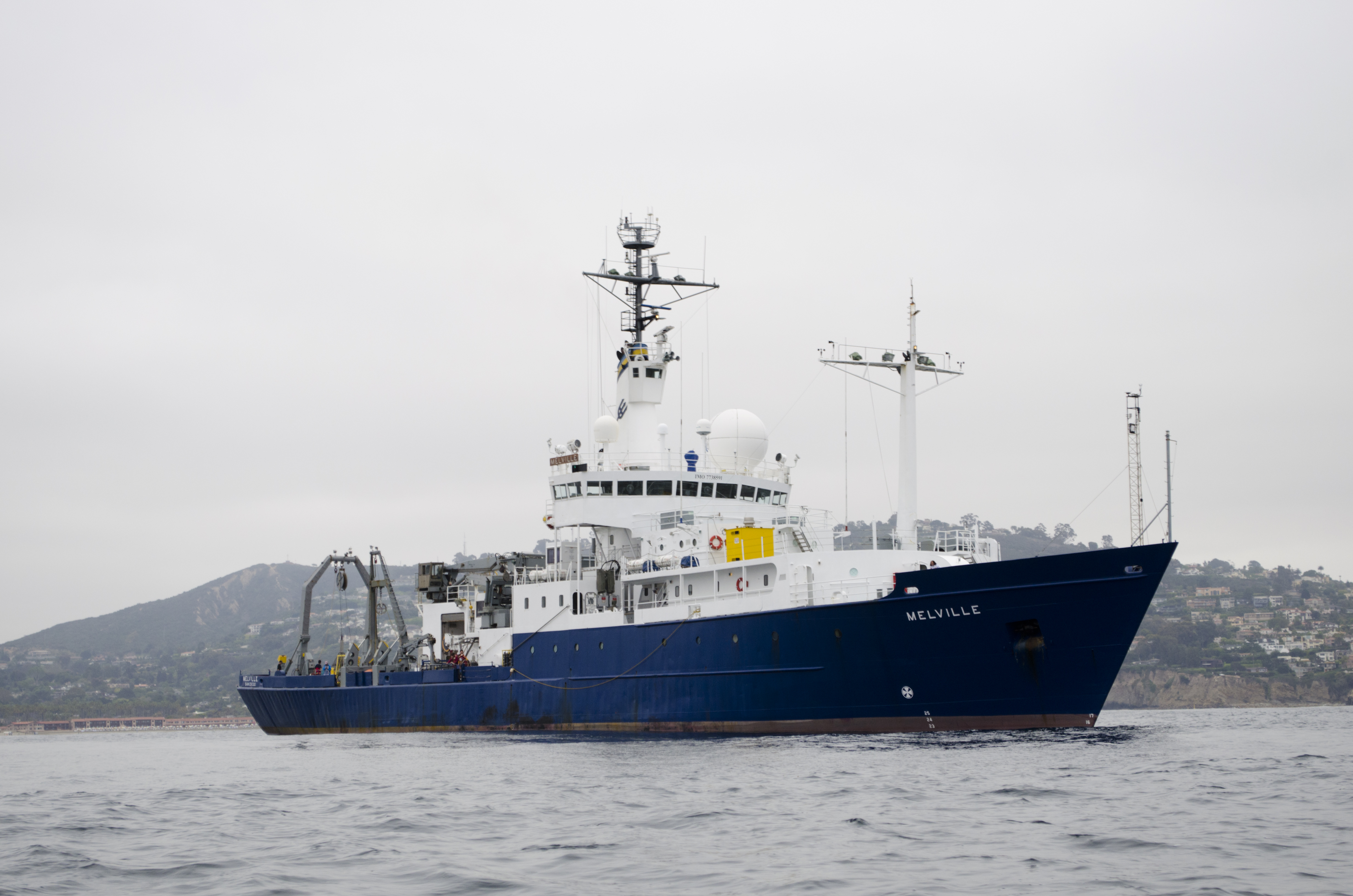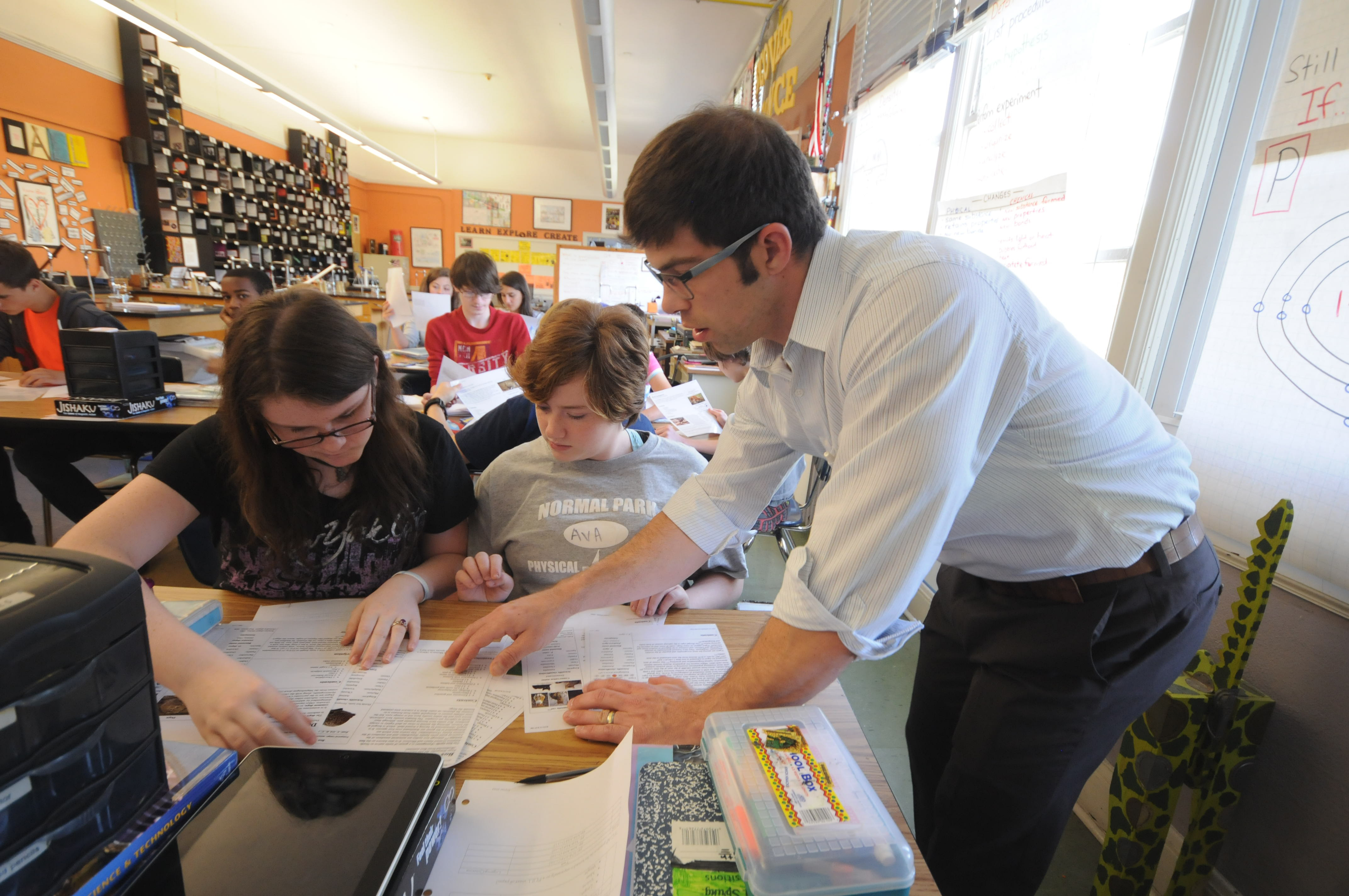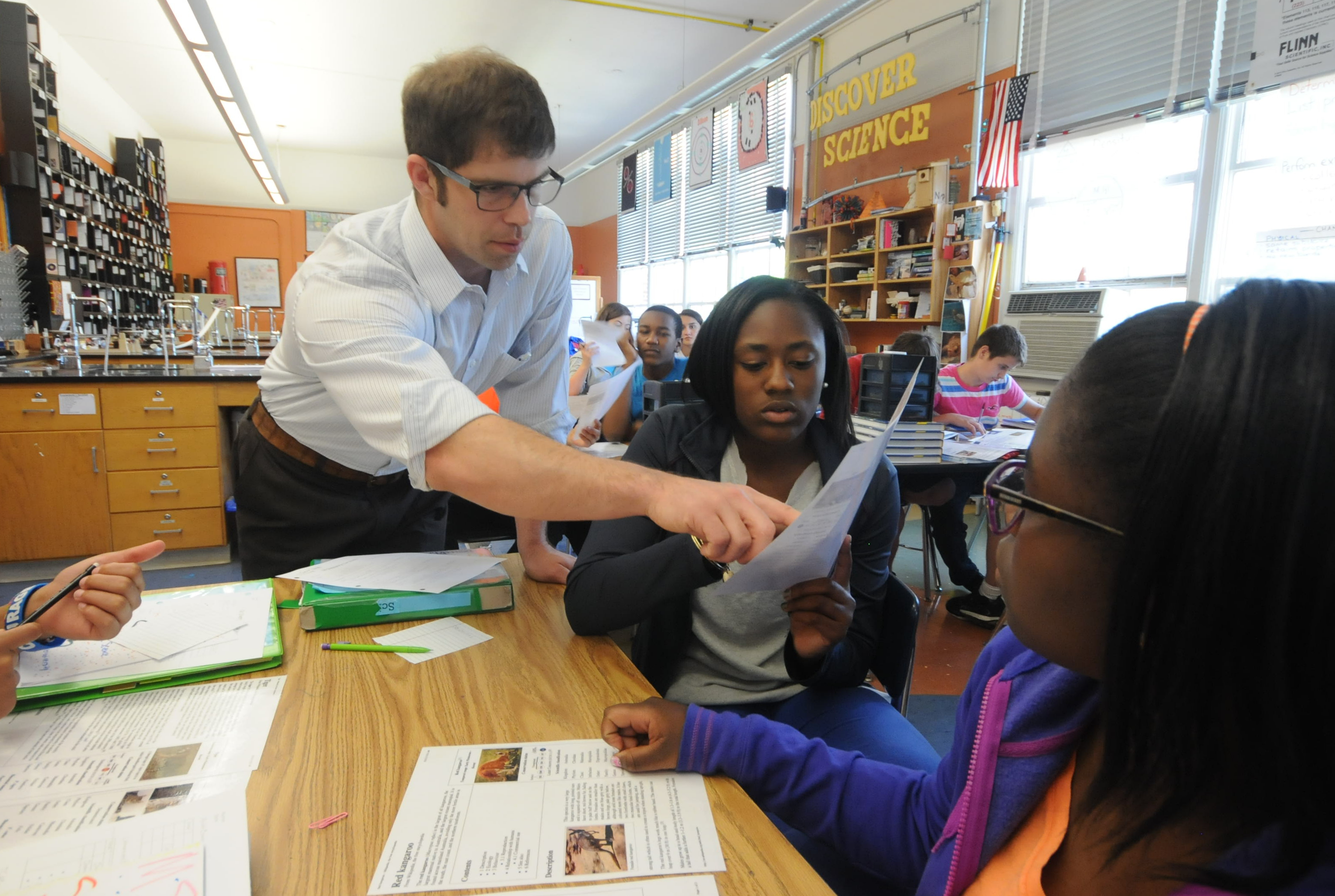Trey Joyner's love of teaching science goes far beyond the classroom.
Really far. About 4,000 miles far.
Next month, Joyner will be part of a scientific team studying acidification in the North Pacific Ocean. On May 10, Joyner, an eighth-grade science teacher at Normal Park Museum Magnet School, will fly from Chattanooga to San Francisco, where his all-expense-paid scientific journey on the sea will begin.
The month-long research voyage, funded by National Science Foundation, concentrates on "the effect of ocean acidification on marine pytoplankton in the productive ... zones along the West Coast of the United States," according to William Cochlan, a biological oceanographer/marine microbial ecologist at San Francisco University, who invited Joyner to join the research team.
"It's the opportunity of a lifetime," says Joyner, who'll miss the last week of school to participate in the research. "I'm adventurous, but it will be pretty intense. There will be challenges."
After getting a thumbs-up to participate in the study from Normal Park Principal Jill Levine - and from his wife - Joyner says everything he learns from the experience will translate into the classroom. While aboard ship, he plans to communicate with his students via videoconferencing, as well as creating a blog where he'll address students' questions.
"Mr. Joyner is an amazing teacher," says Celeste Drake, 15. "We're not surprised (about his upcoming research). He's told us what he'll be doing. We studied acidification last quarter and he's going to add to what we learned."
Celeste says Joyner's class is one of her favorites because he engages the students with a hands-on approach.
"You don't just have to learn by reading and writing about it; we see how it works," she says.
Gracie Headrick, 13, also likes Joyner's approach to teaching. "He's preparing us well for high school and college," she says.
"I've been interested in science since fourth grade," she adds. "If I don't understand something, I have to know why."
Joyner says engaging students in science at a young age often encourages them to want to learn more, and middle school is the perfect age to grab their interest.
The Pacific trip began last summer at a research facility in Seattle, Wash., where Joyner was visiting thanks to a grant that allowed him to study science by traveling from coast to coast.
"I filmed short videos relating to science all along the way," Joyner says.
Before the trip, he connected with a research scientist at the Friday Harbor Laboratory on San Juan Island outside Seattle. When he arrived for a tour of the lab, he met a larger team of scientists, including his mentor, Cochlan.
"I talked to him at length about climate change and learned interesting things to take back to the classroom," Joyner says. "When I left, I thought it would be the last time I'd see or talk to him."
Obviously, he was wrong.
Last February, Cochlan surprised Joyner with an invitation to take part in the Pacific research voyage, which will take place aboard the R/V Melville from Scripps Institution of Oceanography at University of California San Diego, which has one of the largest academic research fleets in the world.
Joyner, 37, who grew up in South Georgia, says his mother, a sixth-grade science teacher, sparked his interest in science. "I have a love and passion for science teaching. I question everything."
But it's important not just to read straight from the book when teaching, he says. You've got to grab the students' imagination with real-life applications - like the time he skydived, which he turned into a lesson.
"Things like skydiving teaches students about gravity," Joyner says. "I've been teaching eight years and I've realized that engagement is absolutely the No. 1 way to get a student interested in science - things like skydiving. It's making me creative to come up with ways to engage the students. I'm always looking for connections outside the classroom, so that I can bring them back into the classroom."
One way of doing that, he says, is bringing a newspaper and other periodicals into the classroom.
"Every day, I get the newspaper and look for a connection of what we're doing in class," Joyner says. "One recent article was about magnetism and the charging of local buses. It's bringing something that's relative in the community and connecting it to what we're doing in the classroom."
Normal Park's math and science classes also study water quality and animal life by snorkeling in the Conasauga River, which runs through Southeast Tennessee and Northwest Georgia.
"When you have a student, for the first time, put his/her face in the water, turn over a rock and see a little alien-like creature, you've got them," he says. "You've sparked an interest in science."
He plans to use his voyage to the North Pacific as a way to further his students' education about water quality. A month of studying chemicals and their effects on ocean life will help him focus even more intently on the subject in the upcoming school year, he says.
"I've already got my head filled with ideas," Joyner says "It ties directly into the context of what we learn in the eighth grade.
"I will take water quality and let that be the theme for the whole year. We will study our the water quality and biodiversity of our rivers and then into the chemistry of salt water and acidification. All the standards of teaching science will be met, but there will be more meaning behind it."
Contact Karen Nazor Hill at khill@timesfreepress.com or 423-757-6396.



